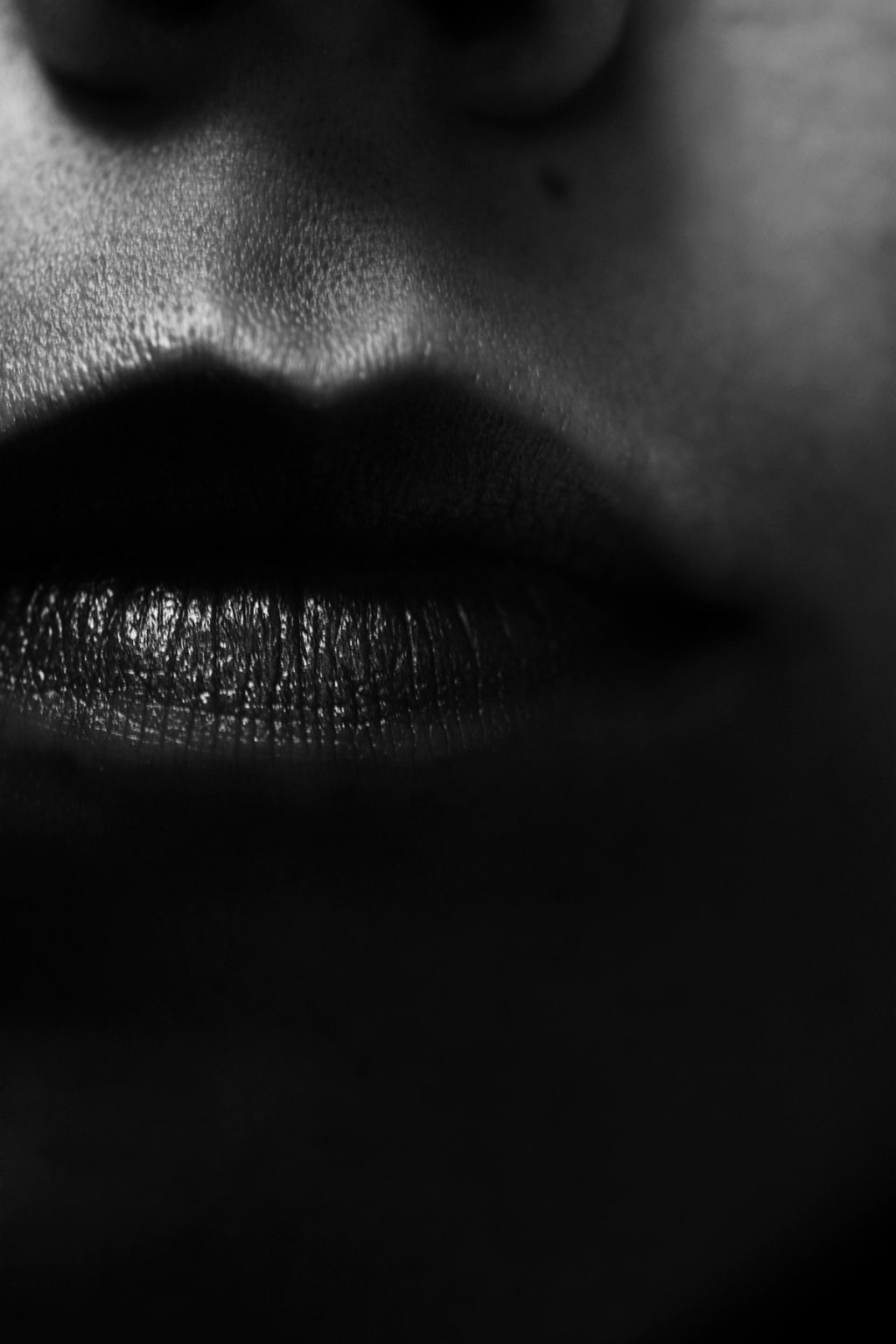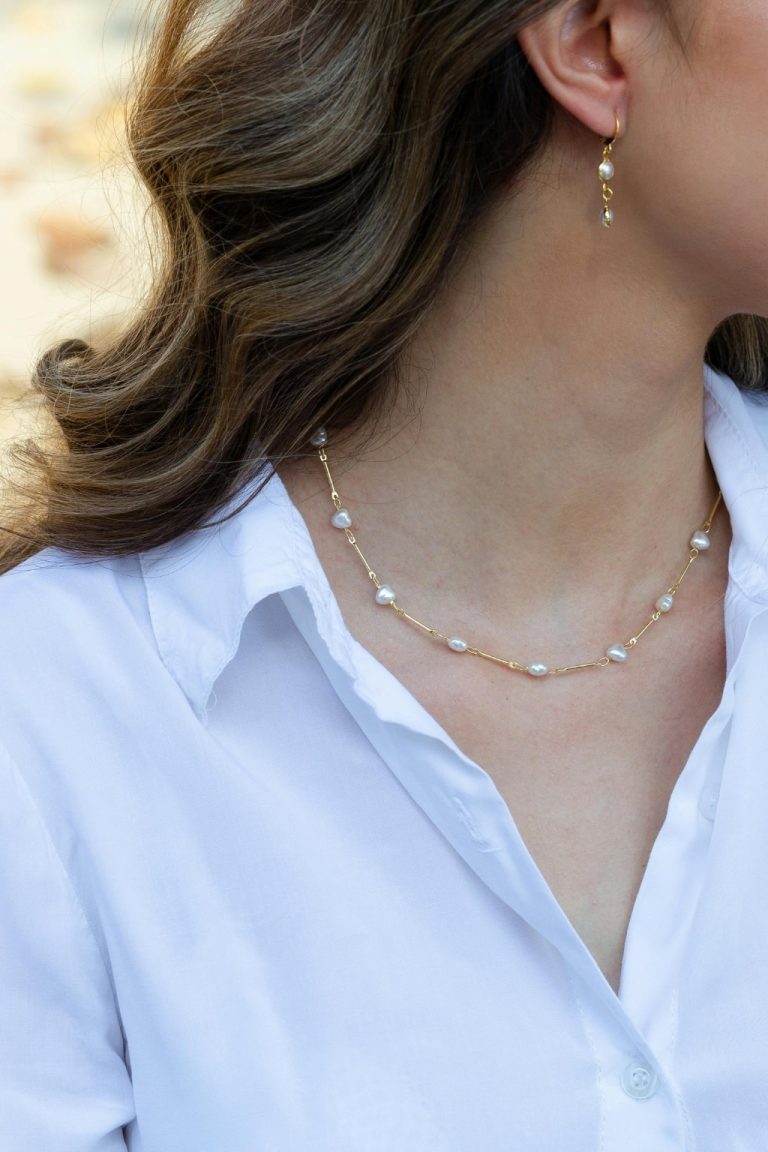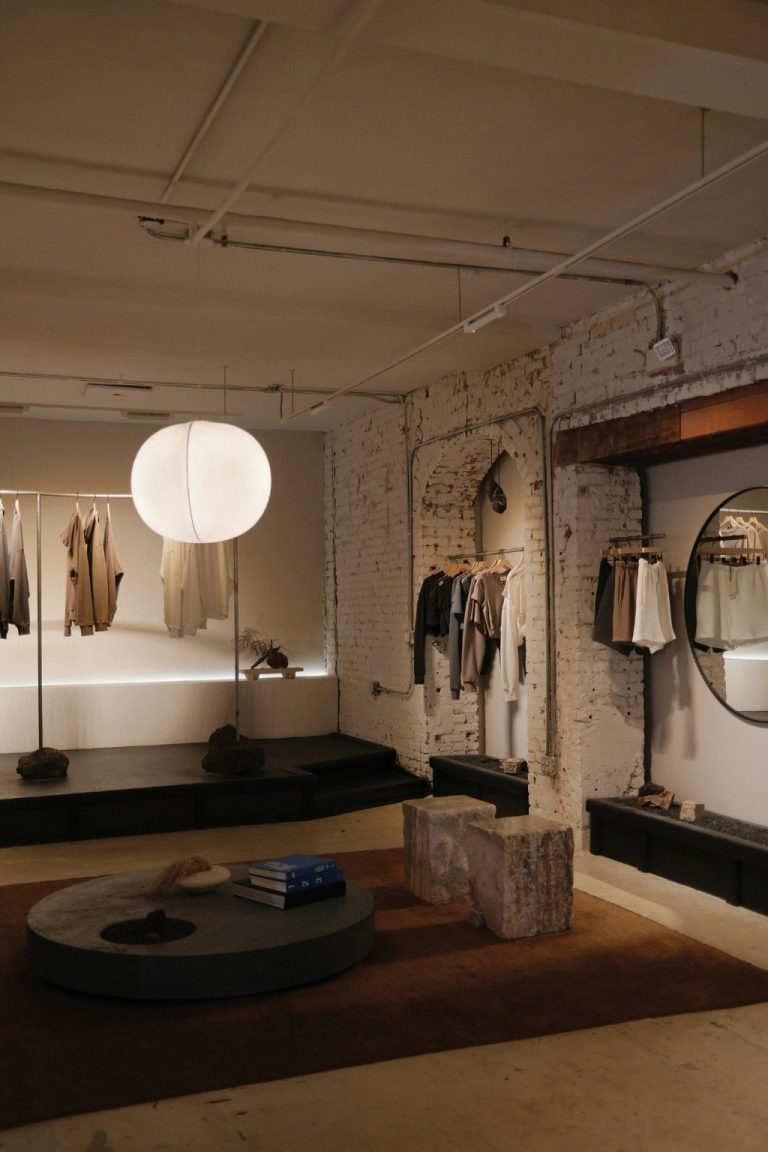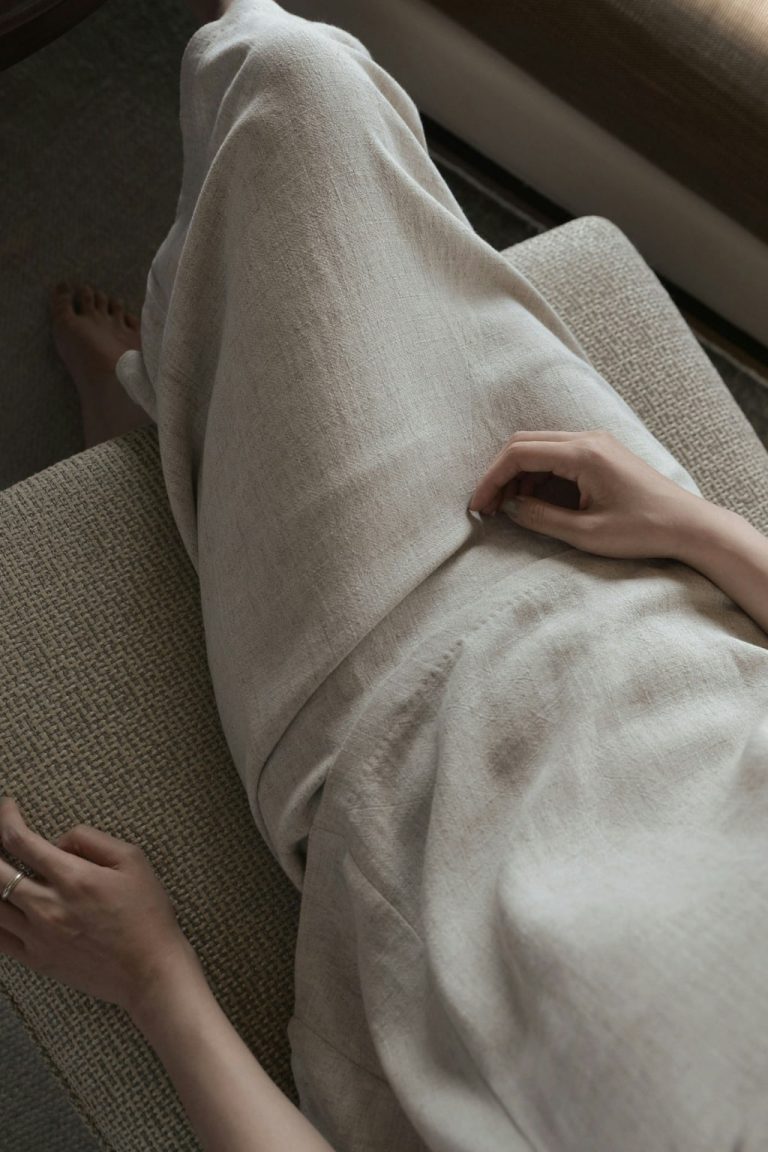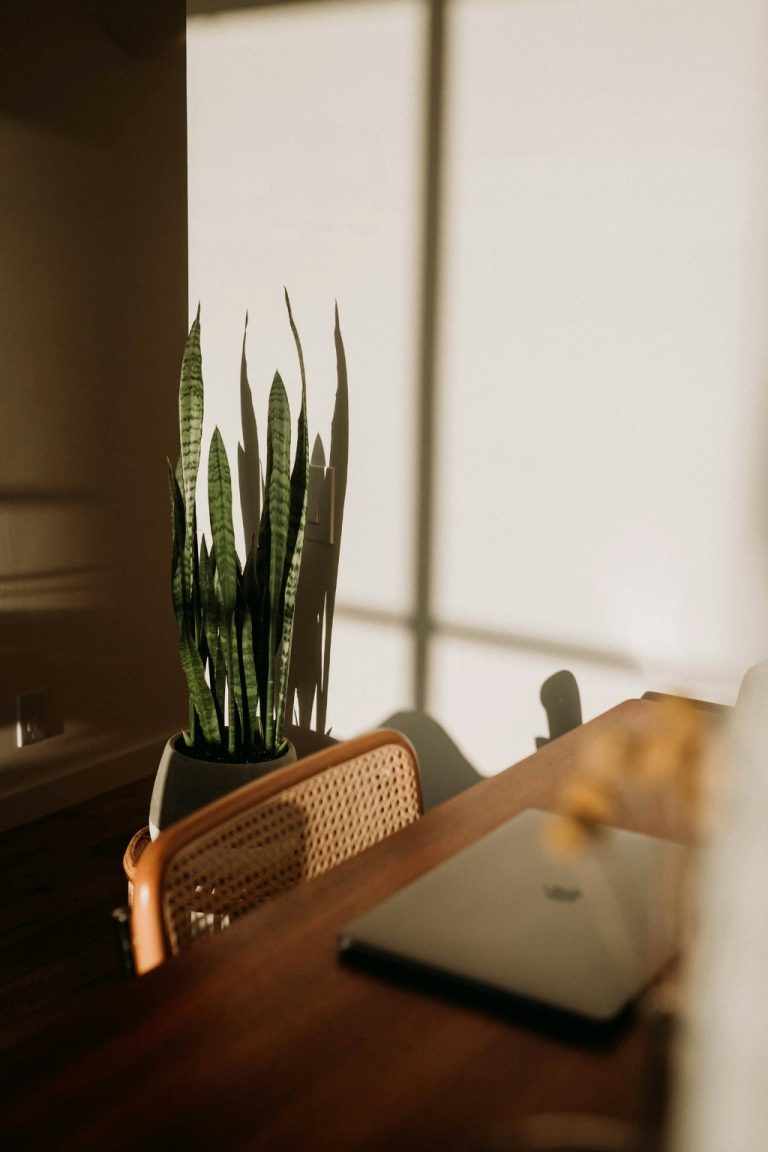The art of withholding in the age of oversharing
There was a time when privacy was the default. Life unfolded quietly, and meaning was built in silence. Today, exposure is currency. We narrate our days, opinions, and emotions in real time. The result is connection that often feels hollow and noise that replaces nuance.
Withholding has become a lost art. Yet it may be the most refined form of self respect left. To withhold is not to hide. It is to discern. It is to protect intimacy from consumption and to preserve meaning in a culture that rewards immediacy.
The art of withholding is not secrecy. It is sovereignty.
The erosion of mystery
Mystery once shaped beauty, relationships, and identity. What was unseen invited imagination. What was untold allowed depth. In our effort to be understood, we have traded privacy for performance.
Philosopher Byung Chul Han describes this as the transparency paradox. The more we reveal, the less meaning each revelation holds. Constant exposure creates surface familiarity but erodes intimacy.
Elegance, both in life and character, thrives on restraint. It is the pause, the unsaid, the unshared, that gives texture to presence.
Try this
- Leave some experiences undocumented. Let them belong only to memory.
- Practise silence when conversation demands reaction.
- Observe how mystery creates calm rather than distance.
Withholding as emotional maturity
Withholding is emotional regulation in practice. It is the decision to delay expression until it aligns with intention. It transforms reaction into response.
In relationships, withholding creates safety. It allows reflection before disclosure, ensuring what is shared is thoughtful rather than impulsive. The goal is not to withdraw but to communicate with clarity.
Psychologists note that restraint activates the prefrontal cortex, the part of the brain responsible for decision making and empathy. By holding space between feeling and response, we invite understanding instead of escalation.
Try this
- When moved to explain or justify, wait an hour.
- Share only what deepens connection, not what demands it.
- Practise presence without performance.
The aesthetic of privacy
Privacy has become the new luxury. In design, taste, and living, simplicity and discretion read as sophistication. The same applies to personal energy. A life curated with boundaries feels elegant because it is intentional.
Elegance is not excess. It is knowing when to stop. The same rule applies to words, emotions, and exposure. To be selective is to be powerful.
Try this
- Edit your communication the way you would your space.
- Value silence as much as expression.
- Let your life feel more private than it looks.
Withholding in love and friendship
In relationships, withholding nurtures respect. Oversharing too soon creates false intimacy. Real intimacy grows through patience and trust. To reveal everything at once is to remove the pleasure of discovery.
Withholding is not playing games. It is pacing revelation so that both people have time to meet, understand, and respond. It keeps love grounded rather than performed.
Try this
- Let conversations breathe. Do not rush to fill silence.
- Share gradually, as comfort deepens.
- Notice how presence feels more honest than explanation.
The emotional cost of exposure
Constant expression fragments attention. When every emotion becomes public, it loses the intimacy that makes it meaningful. Reflection requires privacy. Without it, growth becomes performance.
Psychologist Carl Jung warned that overexposure dilutes the self. When every thought seeks validation, inner truth weakens. The art of withholding restores that strength. It gives ideas time to mature before they meet the world.
Try this
- Keep a private journal rather than public confession.
- Delay sharing good news until it settles into gratitude.
- Practise containment: feeling deeply without broadcasting it.
The power of the unseen
Power often lies in what is withheld. Royalty, art, and leadership have long relied on this principle. Distance invites respect. Quiet creates authority. Presence is amplified by control.
To withhold is to decide what deserves access. In that decision lies freedom. You become the curator of your own narrative.
Try this
- Let your actions speak without explanation.
- Choose who earns your detail, not just your attention.
- Notice how stillness commands more than performance.
Withholding as modern grace
Grace is restraint in motion. It is elegance applied to expression. Withholding transforms energy into composure. It replaces the need to prove with the power to choose.
Modern grace is not about being distant. It is about being deliberate. It keeps emotion sacred and boundaries intact. It values privacy as peace.
Try this
- Practise one quiet hour each day, free from commentary or communication.
- Speak less often but more precisely.
- Hold a few thoughts, dreams, and feelings as yours alone.
Final thoughts
Withholding is not secrecy. It is knowing when sharing adds value and when it dilutes meaning. In a world where everything can be seen, privacy becomes strength. You do not have to narrate every emotion or justify every choice. Keeping some moments to yourself allows them to stay genuine. The art of withholding is simply the practice of being intentional about what you give and what you keep.
